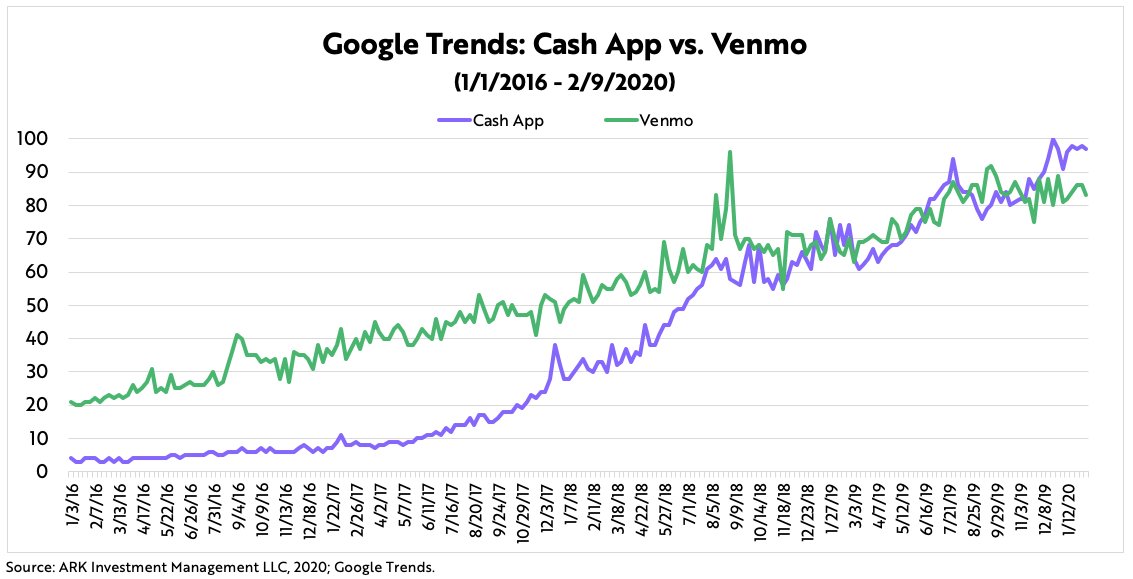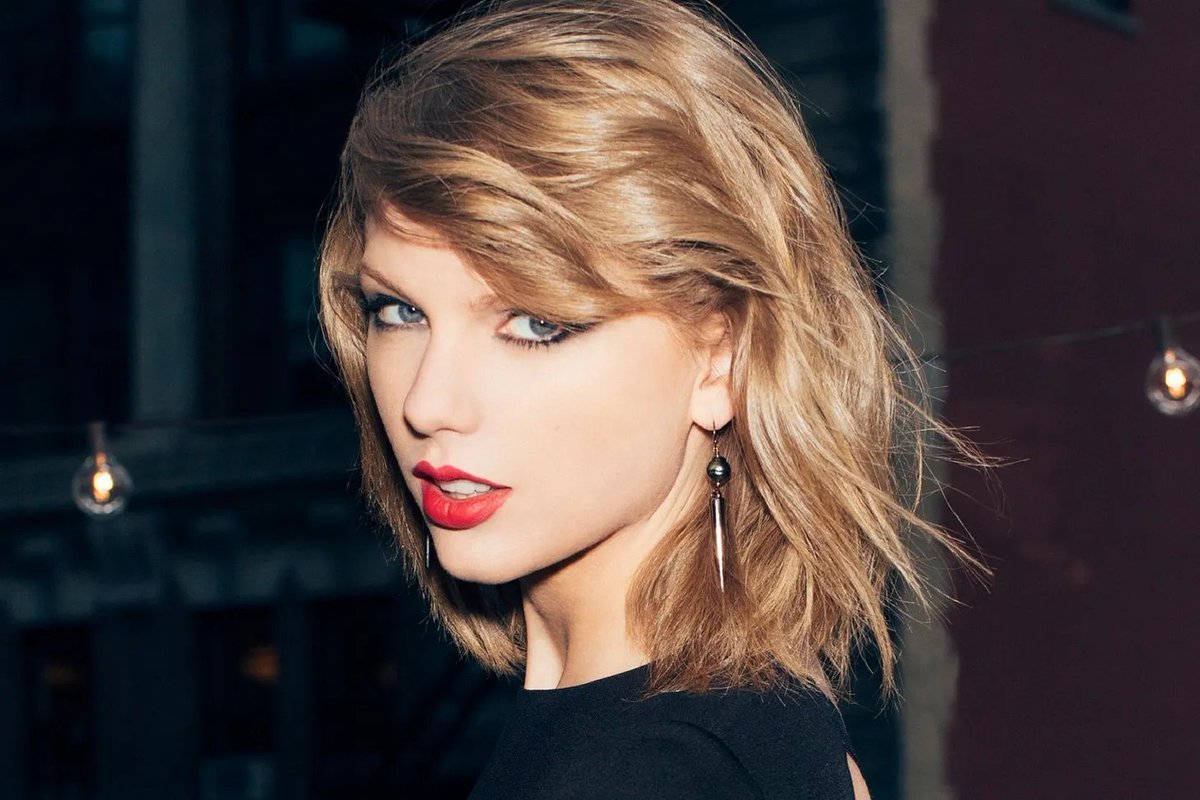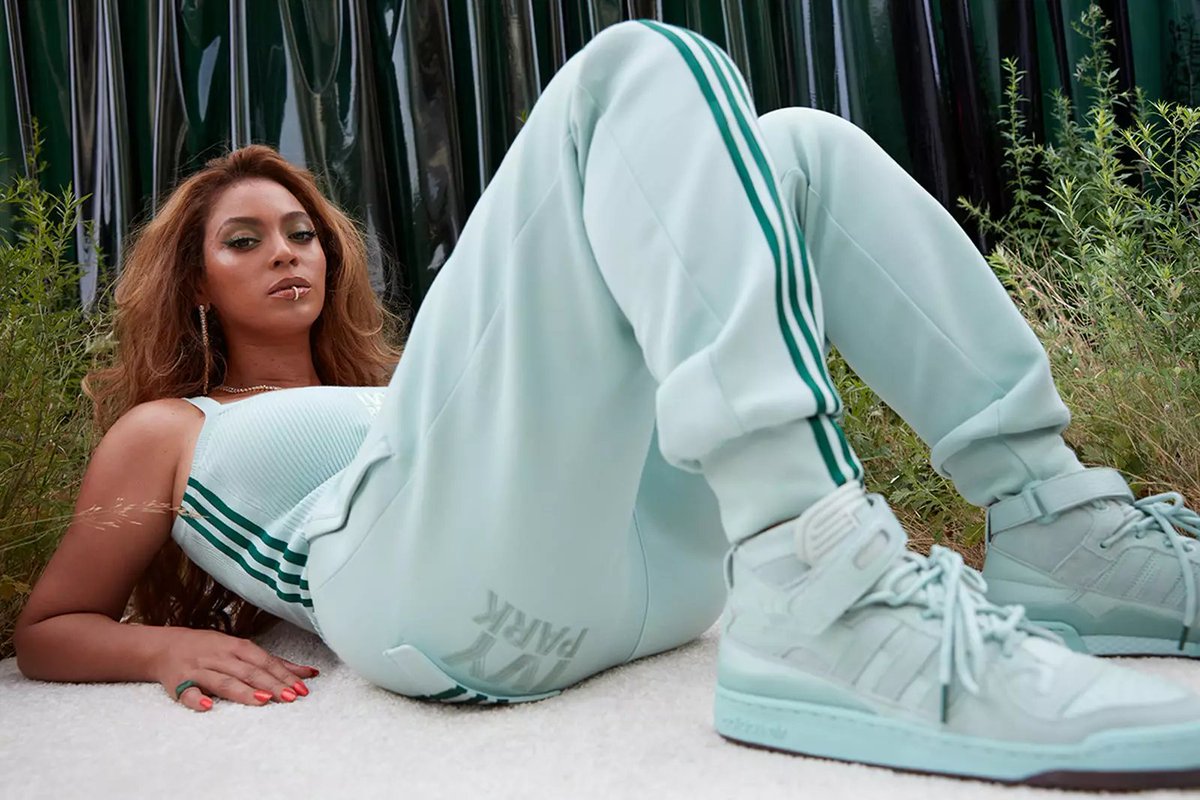1/ Cash App overtook Venmo by embedding itself in culture and by targeting *all* of America, not just NYC, SF, and LA.
Over 200 hip-hop artists have name-dropped Cash App in their songs—the app has captured the zeitgeist in a way that Venmo hasn't been able to.
👇👇👇👇👇👇
Over 200 hip-hop artists have name-dropped Cash App in their songs—the app has captured the zeitgeist in a way that Venmo hasn't been able to.
👇👇👇👇👇👇

2/ Venmo had the headstart, founded in 2009 to Cash App's 2013.
The founders wanted to pay each other for a weekend trip without writing a check, and figured they should be able to use SMS
It was a similar insight to the one PayPal had a decade earlier with payments over email.
The founders wanted to pay each other for a weekend trip without writing a check, and figured they should be able to use SMS
It was a similar insight to the one PayPal had a decade earlier with payments over email.

3/ Cash App was created by Square in 2013 and operates like a startup inside Square.
While Venmo took off in big cities like NYC and LA, Cash App focused on the South.
Payment network effects are often hyper local: you sign up for the app that your friends are using.
While Venmo took off in big cities like NYC and LA, Cash App focused on the South.
Payment network effects are often hyper local: you sign up for the app that your friends are using.

4/ While Venmo went after affluent people in cities, Cash App targeted underbanked, often low-income communities. It took off in Atlanta & grew from there.
As Jack Dorsey put it: “People use Cash App as their primary bank account, and in some cases their only bank account.”
As Jack Dorsey put it: “People use Cash App as their primary bank account, and in some cases their only bank account.”
5/ Cash App outmaneuvered Venmo with savvy marketing and partnerships.
It gave away $100K as part of a promo with Travis Scott.
It worked with Megan Thee Stallion twice last year, including with Cardi B around the release of WAP.
It's sponsored Joe Rogan & even esports teams.
It gave away $100K as part of a promo with Travis Scott.
It worked with Megan Thee Stallion twice last year, including with Cardi B around the release of WAP.
It's sponsored Joe Rogan & even esports teams.

6/ Cash App's Twitter game is 🔥🔥🔥
It cultivates a brand ethos built around hustle culture.
On #CashAppFridays, the company gives away money to people who tweet at it.
Cash App even brought drop culture to finance.
It cultivates a brand ethos built around hustle culture.
On #CashAppFridays, the company gives away money to people who tweet at it.
Cash App even brought drop culture to finance.
https://twitter.com/CashApp/status/1316809835871178753
7/ The rapper Amine says: “This isn’t even just rap, this is just Black culture in general. Venmo is people in your business, and we don’t like people in our business.
"Venmo is made for white culture. 'Drinks with Sarah.’ The 🔌 for the electricity bill. Venmo’s like the feds."
"Venmo is made for white culture. 'Drinks with Sarah.’ The 🔌 for the electricity bill. Venmo’s like the feds."
8/ Over time, Cash App has used savvy marketing, partnerships, and mainstream appeal to infiltrate all of America. Just watch this map turn from red to blue.
https://twitter.com/wintonARK/status/1341083874042892288
9/ Cash App continues to outpace Venmo—latest download data below.
Today, Cash App contributes 12.5% of Square's revenue. Square owns the merchant point-of-sale *and* the dominant consumer finance app.
Culture drives commerce, and Cash App understands culture.
Today, Cash App contributes 12.5% of Square's revenue. Square owns the merchant point-of-sale *and* the dominant consumer finance app.
Culture drives commerce, and Cash App understands culture.

• • •
Missing some Tweet in this thread? You can try to
force a refresh


















